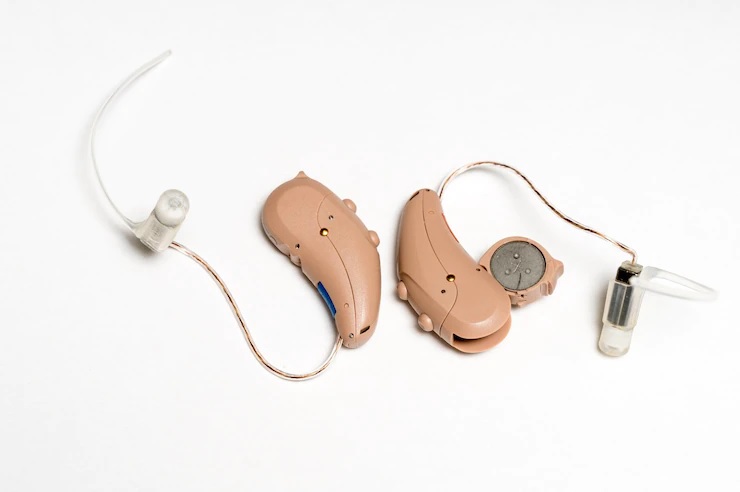
Hearing aids allow people to enjoy their lives without worrying about being left out of conversations or missing out on daily activities. But like most other electronic devices, your hearing aid also needs power. This power comes from the batteries that are fitted inside. Thus, if you are going to visit a licensed audiologist, there are some things about hearing aid batteries that you should know.
Below, we have made a list of these things for your help.
1. The Types of Hearing Aid Batteries
Hearing aid batteries can be of two types. The first type is rechargeable lithium-ion batteries or silver-zinc batteries, and the other is disposable zinc batteries. The disposable batteries are lighter and less expensive when compared to the lithium-ion rechargeable batteries. You can easily find disposable batteries at a local audiologist near you.
2. Disposable Batteries Come in Different Sizes
A good audiologist will have hearing aids that use different sizes of disposable batteries according to the need. The multiple sizes available are listed below:
- Size 10- These batteries are identified by their yellow color and have a diameter of 5.8 MM and a length of 3.6 MM. These are the smallest battery options for hearing aids.
- Size 312- Brown in color, ideal for RIC and ITE models.
- Size 13 ( Orange) – This size is used in Behind The Ear ( BTE ) hearing aids.
- Size 675 – Largest in size; these are blue in color and are also fit for the BTE models.
3. How Long Do Disposable Batteries Last?
The average life span for different sizes of disposable batteries is different and is mentioned below:
- Size 10 – Three to Seven days
- Size 312- Three to Ten days
- Size 13– Six to Fourteen days
- Size 675- Nine to Twenty Days
Find an Audiologist and Know More About Hearing Aids!
If you are someone who uses hearing aids and is not satisfied with your current device or has started experiencing hearing issues lately, consulting with a licensed audiologist can prove to be of great help. We at Broadwater Hearing Care, Inc. provide one of the best services for hearing problems. Reach out to us to find out more.